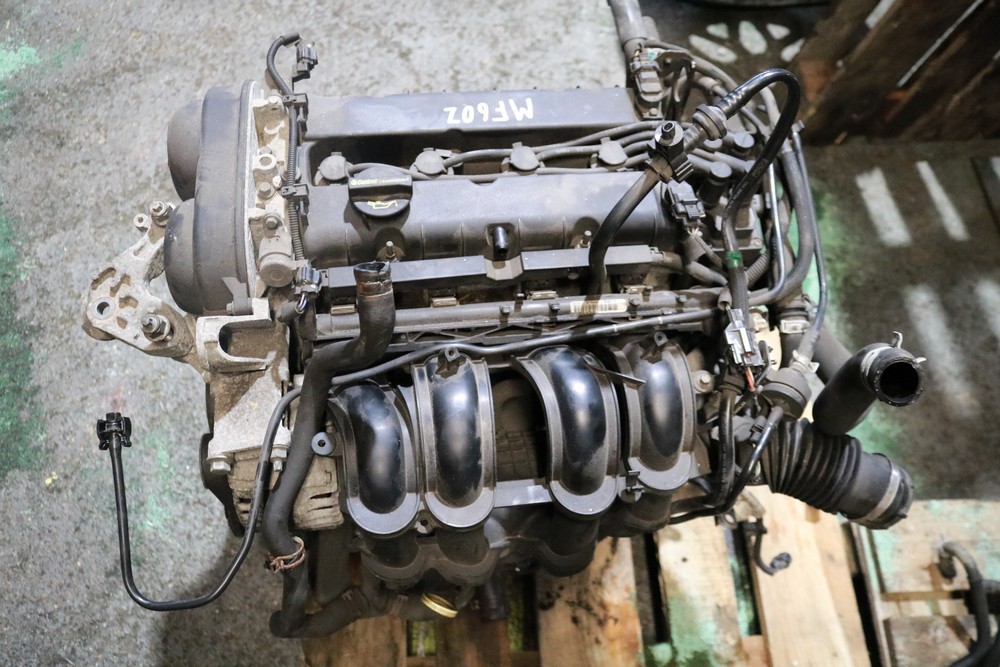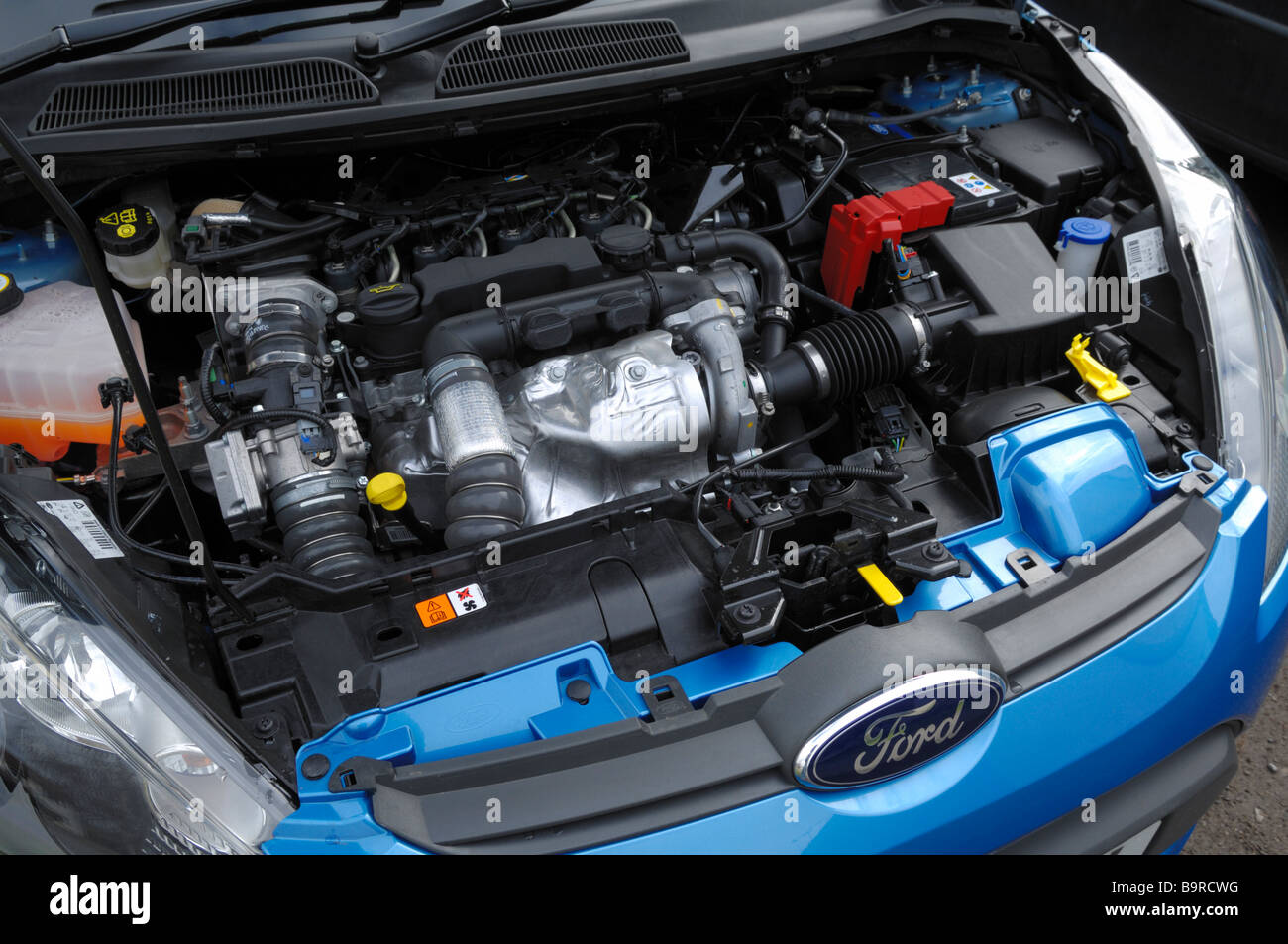The Future of Engines: Technologies Driving Sustainable Power Solutions
As the vehicle sector browses the critical transition towards sustainability, the future of engines is increasingly specified by groundbreaking developments. Electric engine innovations, alongside encouraging advancements in hydrogen gas cells and biofuels, are improving the landscape of power options. The development of hybrid systems further complicates this advancement, presenting both difficulties and chances to decrease discharges effectively. Paired with the combination of expert system in engine style, these technical strides increase important concerns about their long-term practicality and influence on typical standards. What might this imply for the sector and customers alike?
Electric Engine Advancement
The development of electric engine growths signifies an essential change in the auto and aerospace sectors, driven by the urgent requirement for lasting choices to fossil fuels. This shift is identified by substantial developments in battery technology, power electronics, and electric motor style, which jointly boost the efficiency and efficiency of electric engines.
Recent technologies have actually resulted in the production of lighter, more energy-dense batteries, such as lithium-silicon and solid-state batteries, which promise longer arrays and shorter charging times. Additionally, enhancements in electrical motor effectiveness, such as using long-term magnets and progressed cooling down systems, allow electrical engines to operate efficiently under varying conditions. These improvements not just enhance car efficiency however also add to a decrease in total energy consumption.
In addition, the integration of sophisticated software application formulas has actually enhanced power management in electric vehicles, enabling regenerative stopping and predictive billing methods. As makers significantly welcome electric propulsion, the automotive and aerospace industries are observing a paradigm change in the direction of greener technologies. This evolution not only satisfies governing demands yet likewise aligns with consumer choices for eco-friendly transportation services, strengthening electric engines as a cornerstone of future lasting flexibility.
Innovations in Biofuels
As the automobile and aerospace markets increasingly prioritize lasting power resources, developments in biofuels become a corresponding option to electrical engines. Biofuels, stemmed from natural materials such as crops, waste, and algae, offer an ingenious opportunity for lowering greenhouse gas discharges and dependence on fossil gas.
Current research study has actually concentrated on improving the effectiveness and sustainability of biofuel production. Second-generation biofuels utilize non-food feedstocks, reducing competition with food supply and decreasing ecological effect. Advancements in synthetic biology have actually enabled the design of microorganisms to generate biofuels a lot more efficiently, leading to greater returns and reduced production prices.
In addition, the growth of drop-in biofuels permits seamless integration right into existing facilities, allowing a smoother shift for markets traditionally dependent on nonrenewable fuel sources. ford fiesta engine. These gas can be made use of in existing engines without modifications, promoting their fostering across numerous industries
Investments in biofuel technology, together with encouraging plans, are important to drive innovation and scalability. As the global neighborhood looks for to combat environment modification, biofuels use a pragmatic, prompt option that aligns with the overarching objective of sustainability in transportation and air travel.
Hydrogen Fuel Cell Modern Technology
A growing variety of scientists and business are discovering hydrogen fuel cell innovation as a feasible alternative to traditional power sources in transport and power systems. This technology converts chemical power from hydrogen right into electricity via an electrochemical reaction, with water as the only result, making it an eco-friendly choice.
The core of hydrogen fuel cells is the fuel cell stack, where hydrogen particles are divided right into electrons and protons. The circulation of electrons produces electricity, while protons move via a membrane layer to combine with oxygen from the air, forming water. This process results in high effectiveness and low discharges, placing hydrogen gas cells as a critical gamer in the change to lasting energy.
Significant innovations have been made in enhancing the longevity and performance of fuel cells, along with lowering expenses with cutting-edge manufacturing strategies. Additionally, the growth of hydrogen production methods, such as electrolysis powered by sustainable energy sources, enhances the sustainability of the total system. As facilities for hydrogen refueling expands and production methods end up being extra efficient, hydrogen gas cell modern technology holds fantastic promise for decarbonizing different sectors, including durable transportation and fixed power generation.
Hybrid Systems and Their Effect
Hybrid systems represent a substantial development in lasting engine innovation, combining typical internal combustion engines with electric propulsion to optimize energy efficiency and decrease emissions (ford fiesta engine). This double strategy permits cars to utilize both source of power, enabling higher versatility in energy intake and reducing dependence on nonrenewable fuel sources

In enhancement to environmental advantages, crossbreed systems supply consumers a click over here feasible change in the direction of totally electric automobiles. They relieve range anxiousness by combining the comfort of gasoline with the benefits of electric propulsion, making them an attractive choice for a wider audience. As suppliers purchase hybrid technology, the development of advanced battery systems and light-weight materials remains to enhance efficiency. On the whole, crossbreed systems stand for a pivotal step towards accomplishing lasting transport and addressing the urgent demand for eco-friendly power solutions.
The Role of AI in Engine Style
Leveraging sophisticated algorithms and machine knowing strategies, the vehicle industry is increasingly incorporating artificial intelligence (AI) right into engine style processes. AI boosts the effectiveness and efficiency of style by examining substantial datasets to determine ideal configurations and performance specifications. This ability enables designers to mimic numerous operating problems and anticipate engine actions under several circumstances, considerably minimizing the time and price related to standard prototyping methods.
Moreover, AI promotes the growth of advanced products and combustion processes tailored for sustainability. By enhancing gas effectiveness and decreasing Recommended Reading emissions, AI-driven layouts line up with global campaigns aimed at decreasing the carbon impact of automotive engines. Artificial intelligence algorithms can additionally anticipate upkeep demands, resulting in improved integrity and long life of engine elements.
In Addition, AI is important in the assimilation of electrification technologies, such as hybrid systems, where it can enhance battery monitoring and power recuperation processes. As the market moves towards even more sustainable power solutions, the duty of AI in engine design becomes progressively essential, driving advancement and improving the efficiency of future engines. Inevitably, the cooperation in between AI and engine design declares a new era of smarter, cleaner, and a lot more reliable automobile technologies.

Verdict
Finally, the future of engines is being shaped by a merging of cutting-edge innovations that focus on sustainability. Electric engine advancements, biofuel advancements, hydrogen fuel cells, and crossbreed systems jointly add to a considerable decrease in exhausts and ecological effect. Furthermore, the assimilation of artificial intelligence in engine design boosts efficiency and efficiency. These transformative options highlight a commitment to creating a cleaner, more sustainable vehicle landscape, ultimately benefiting both society and the atmosphere.
Electric engine innovations, along with appealing advancements in hydrogen fuel cells and biofuels, are reshaping the landscape of power remedies. In addition, enhancements in electric motor effectiveness, such as the usage of irreversible magnets and advanced cooling systems, enable electric engines to operate efficiently under differing problems. By maximizing gas performance and minimizing exhausts, AI-driven layouts line up with worldwide efforts aimed at decreasing the carbon impact of automobile engines. As the industry relocates towards more sustainable power services, the duty of AI in engine style becomes progressively essential, driving innovation and enhancing the efficiency of future engines. Electric engine developments, biofuel developments, hydrogen gas cells, and hybrid systems collectively contribute to a considerable reduction in exhausts and ecological influence.